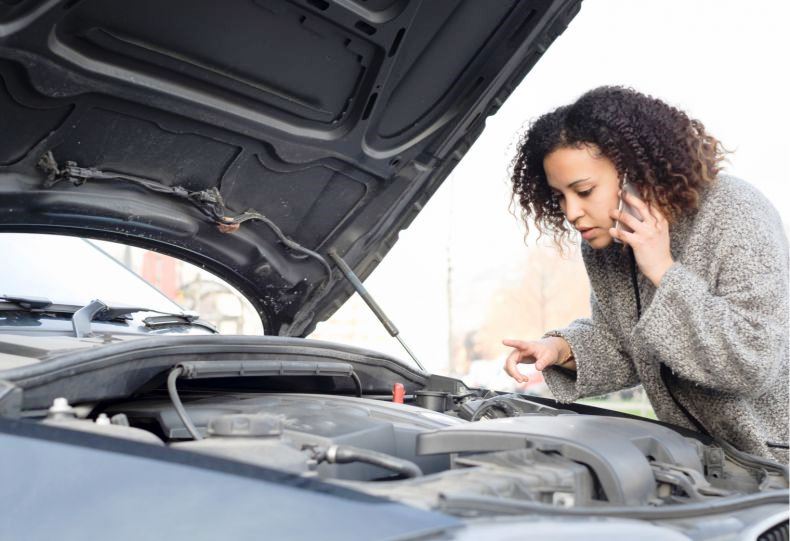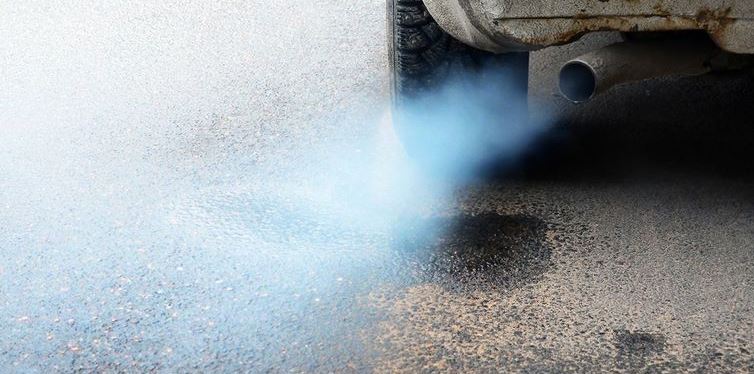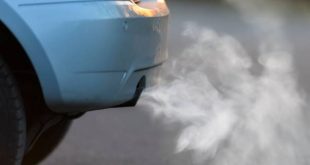When you start your car it is expected to run soundless with little to no noise. But when you hear noises coming from under the hood or bonnet, it means there is something wrong somewhere. The noise doesn’t necessarily have to be from the engine but in some cases it does. Sometimes these noises could build up after driving for a while and sometimes these noises could stop after driving for a while. We will be looking at a list of possible causes commonly associated with these noises.
Engine Pulleys

The first thing to look out for are the engine pulleys. These are multiple belt driven parts under your hood and, when something goes wrong with these parts, there’s usually a familiar noise that comes with it. The noise you hear will be cyclical since it is connected to a belt or pulley that’s actively rotating. In some cases, it may sound similar to the usual sounds coming from under your hood, only louder. This will be coming from the front of your engine and could indicate a bad bearing or pulley on an alternator, power steering pump, water pump, AC compressor, or a few other parts. In order to narrow down the culprit, it’s important to try to pinpoint exactly where the sound is coming from. But, be cautious around the engine compartment when the car is on. Moving belts and pulleys can cause injury if they catch hair, loose clothing or fingers.
Power Steering

You may notice that when you turn the steering wheel, your car makes a low, growling type of noise. This might be an easy fix. Your first move is to test and see if the noise occurs even when your car isn’t moving. If that’s the case, it’s likely just an indication that you’re low on power steering fluid. Before adding more fluid, however, check the ground under your car for signs of leaks. This noise could also indicate more complex problems including a bad power steering pump, or steering rack. These repairs will require a professional mechanic.
Radiator Fan

In some cases, you’ll notice a loud whirring or clicking noise that is dictated and changes with the speed of your engine. The radiator fan is usually to blame in these cases. The fan blades can be extremely sensitive and if one is just a little out of place, it can vibrate or come in contact with other components to produce a loud and annoying noise. Usually, you’ll need to replace the bent fan blade, but you may even be able to simply bend it back into place. A similar noise that stays consistent while you rev your engine is likely an electric fan, rather than a radiator fan. Typically, you can check this by popping your hood while the car is running and locating the fan. If that’s where the noise stems from, there’s an adjustment needed. Before doing the work yourself, however, be sure you disconnect the battery. Also a worn out bearing could may cause the sound it’s rotating. This will require replacing the fan.
Engine Noise

Lastly engine noise which is commonly associated with knocking sound is primarily an indication of poor lubrication which comes with a list of the following:
Valve Train Noise Valve and hydraulic lifter noise has a clicking sound that usually quiets down as you raise the engine. A lifter is what opens and closes intake and exhaust valves. These noises can be caused by worn or sticking hydraulic lifters. Sticking lifters in most cases is caused by a varnish build up on the lifter surfaces. They may also be caused by low oil pressure (which would cause a hydraulic lifter to collapse). Sticking lifter problems can many times be solved by adding a detergent additive to the oil. If this doesn’t do away with the noise, then the worn lifters that continue to make noise would require replacement. This is not an easy or cheap job and will need to be done by a trained auto repair technician.
Timing Chain Noise Many of the newer engines have overhead camshafts with longer timing chains. A timing chain connects the crankshaft to the camshaft to insure the valves open at the proper time. The slack in these chains is usually kept tight by hydraulic tensioners. The chains ride against a nylon guide (a chain guide) which, in time, begins to wear. At the point where the chain guides are worn beyond the ability of the hydraulic tensioner to take up the slack, the timing chain begins to rattle. This noise is caused by the timing chains becoming so loose that they whip back and forth against the guides and possibly the timing cover. If the oil pressure is correct, replacement of the hydraulic tensioners and chain guides would be required. A mechanic’s stethoscope is a great tool to pinpoint this noise. If the noise is loudest when touching the timing cover with the stethoscope disassembly would be required to confirm and to repair the problem. This is a semi major job for most of these engines and would usually cost in the four digit range.
Detonation, Pre-Ignition (Pinging) Noise You usually hear this noise when accelerating the vehicle. Most people call this a pinging or rattling sound. This noise is caused by an air/fuel mixture in the engine cylinder being ignited prematurely by the heat of compression as the piston is moving up on the compression stroke. If ignition happens before the piston reaches the top of its stroke, this is called pre-ignition or pre-detonation, which can damage the pistons, valves and connecting rods. They get damaged because the fuel igniting too early produces pressure waves from the fuel’s explosion in the cylinder, which collide with the cylinder as it’s moving up. And that’s also why you hear the pinging and rattling noises.
Connecting Rod Noise Connecting rod noise is caused by excessive clearance between the crankshaft and the connecting rod bearing surface. This happens when you have low oil pressure causing the bearing to run dry of lubrication, which in turn will damage the bearing and crankshaft surfaces. This can also be caused by poor maintenance practices such as not changing oil at a regular interval. The oil gets dirty and grit can wear the surface of the bearings. The noise you hear is a knock that is heard towards the bottom of the engine. The noise is usually heard when you hold the throttle at a steady RPM. If it sounds like a single knock, you (or your mechanic) can isolate the cylinder by disabling the spark or the fuel injector for each cylinder one at a time. When the noise goes away or gets much quieter, you have found the problem. Problems like this require immediate attention because continued running of the engine in this condition will damage the crankshaft and require a major engine overhaul. The rule of thumb is, once you hear the noise there is a high probability you will need major engine work which certainly will not come cheap.
Crankshaft Bearing Noise Crankshaft bearing noise is also caused by low oil pressure which damages the bearing surfaces and could eventually damage the crankshaft itself. This type of noise is usually described as a rumbling or thumping sound deep in the engine when accelerating. If this sound is heard, it is extremely important that the engine not be run again until the oil pan is removed and the crankshaft bearings are inspected. In many cases the engine can be saved if the crankshaft is not damaged. A mechanic will fix the problem by replacing the bearings and solving the oil pressure problem. Bearing shells are what the crankshaft rotates within. If you continue to run the engine with this condition, you will most certainly cause a major engine failure. It is also a high possibility that when you hear the noise it may be too late to save it without removing the engine. This can be an expensive repair.
Piston Slap This noise is caused by excessive clearance between the piston skirt and the cylinder wall, and is usually found on high mileage vehicles. The usual cause of this problem is cracks in the lower piston skirt. The piston skirt is the lower part of the piston which will develop cracks over time due to metal fatigue. The noise sounds like a muffled bell sound or a hollow clatter deep in the engine and is more noticeable when the engine is cold. If the noise goes away when the engine warms up, nothing needs to be done. The clearance is reduced by the expansion of the piston skirt as the engine comes up to temperature, and in many cases the noise goes away completely. If the noise is reduced when the engine temperature rises but does not go away, then replacing the piston itself would be the most likely remedy. There is really nothing you can do to prevent this problem and, luckily, it’s not as serious a repair job as some of the ones above.
Piston Pin Noise Piston pin noise is similar to valve train noise. The noise is unique because you will hear a double knocking sound caused by the lack of oil and excessive clearance between the piston pin and the piston. A piston pin attaches the connecting rod to the piston. It is lubricated by oil which is sprayed onto the pin through a hole in the opposing cylinder’s connecting rod. This condition can only be remedied by replacing the piston pin bushings, possibly even the piston itself, along with solving the oil pressure or lubrication problem. Problems like this are usually a result of worn connecting rod and crankshaft bearings which reduces oil pressure. If you have this problem, it will result in major engine work.
Dealing with pin pointing where certain noise is coming from can be tasking and sometimes need a professional. You can schedule an inspection appointment with a specialist HERE. You will be contacted within 24 hours.
 Spot Dem Everything About Cars
Spot Dem Everything About Cars




